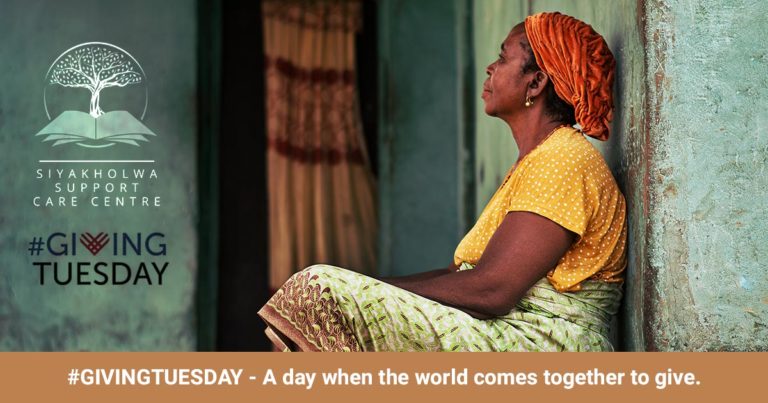2. Developing skills in key growth sectors.
The plan’s second priority aims to equip young people with the skills to access opportunities in key growth sectors, such as the food, green and waste economies. While targeting these skills is crucial, any conversation about upskilling must include discussions about the low rate of completion across all levels of our skills system.
Whether it is the 50% of people who leave school without a matric certificate, the unknown high number who don’t complete technical and vocational education and training college qualifications, or the 40% that don’t finish their degrees.
- DGMT DONATED with kick-start injection funds of the Human factor project.
- UNITED WAY SA donated food National in disadvantaged communities.
#GIVINGTUESDAY – WE REQUEST DONATIONS TO EXTEND TO OTHER PROVINCES.
We have developed a catch-up strategy for those who’ve been left behind. How are our learners expected to excel in subjects like coding and robotics if they cannot read and count?
If we are to respond and get all learners and students on track, we need tools such as the department of basic education’s Data-Driven Districts project, to more effectively track learners through basic education and identify when they drop out, triggering support to get them back on track. The current data systems for the college sector are virtually unusable for gathering intelligence on how students are doing. Reports on the overall performance of the sector are released two years after the fact.
We need the right data to ensure we can immediately respond to major issues in our education and skills institutions.
3. Innovative ways to support youth entrepreneurship.
The Presidential Youth Employment Intervention’s entrepreneurship support prioritizes removing barriers and creating spaces to help businesses thrive by making data affordable and targeting sectors that are ripe for innovation. We welcome the Competition Commission’s recommended deep cuts to data pricing, the president’s announcement of discounts, daily data allocations and the zero-rating of educational websites.
Each month, young people spend on average R380 on data looking for work — and with 8.2-million young South Africans not in employment, education or training, this issue requires urgent resolution.
However, beyond removing this constraint, the reality is that innovation-driven entrepreneurship is unlikely to be a panacea for youth employment without also connecting young people to precedent-setting opportunities to gain work exposure. The lack of exposure to the world of work is a major stumbling block for this initiative.
Most young people find opportunities through someone they know, yet two out of every five 15- to 24-year-olds live in a household without an employed adult.
Youth need guidance as much as they need infrastructure, and so what is needed is a national drive to connect people across the poles of society, and to expose young people to opportunity through simple, powerful, connections.
4. The Youth Employment Initiative.
Funded by the national budget, this initiative includes grant funding and business support by the National Youth Development Agency (NYDA) and the department of small business development for 1 000 young entrepreneurs in the first 100 days after the State of the Nation address in the field of youth development.
Siyakholwa Recovery plan is to add 45000 job opportunities national(Cleaning of streets, Renovations of RDP houses, Mobile Community Field workers assisting elders, sick, disabled people, health care taking etc., ECD volunteers with stipends, )
5. Practical experience for young people.
The president plans to scale up the Youth Employment Service (YES), a business-led partnership with government and labour to assist young people to gain work experience to progress into the job market. To add and engage with more opportunities Siyakholwa has established softs skills development Training (Computer classes, Farming training, baking and chef training, Shoe making and Sewing, Recycling and carpeting, Design, flowers arranging and Décor, music beginners and dancing, etc)
